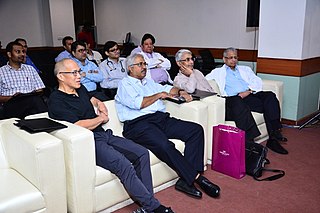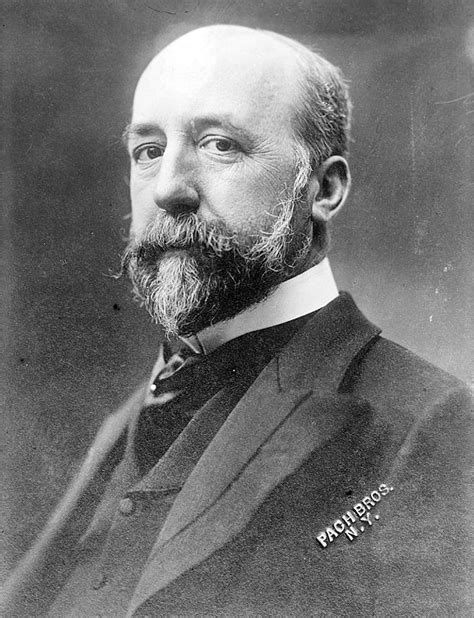A Quote by Doug Stanton
Related Quotes
I tell residents, if you gave me two patients with identical problems, and one of them had family at the bedside with a lot of laughter, plus photos and a quilt from home, and next door was another patient who was alone every time I came by - I'm going to be very nervous about the isolated patient's mental status.

































